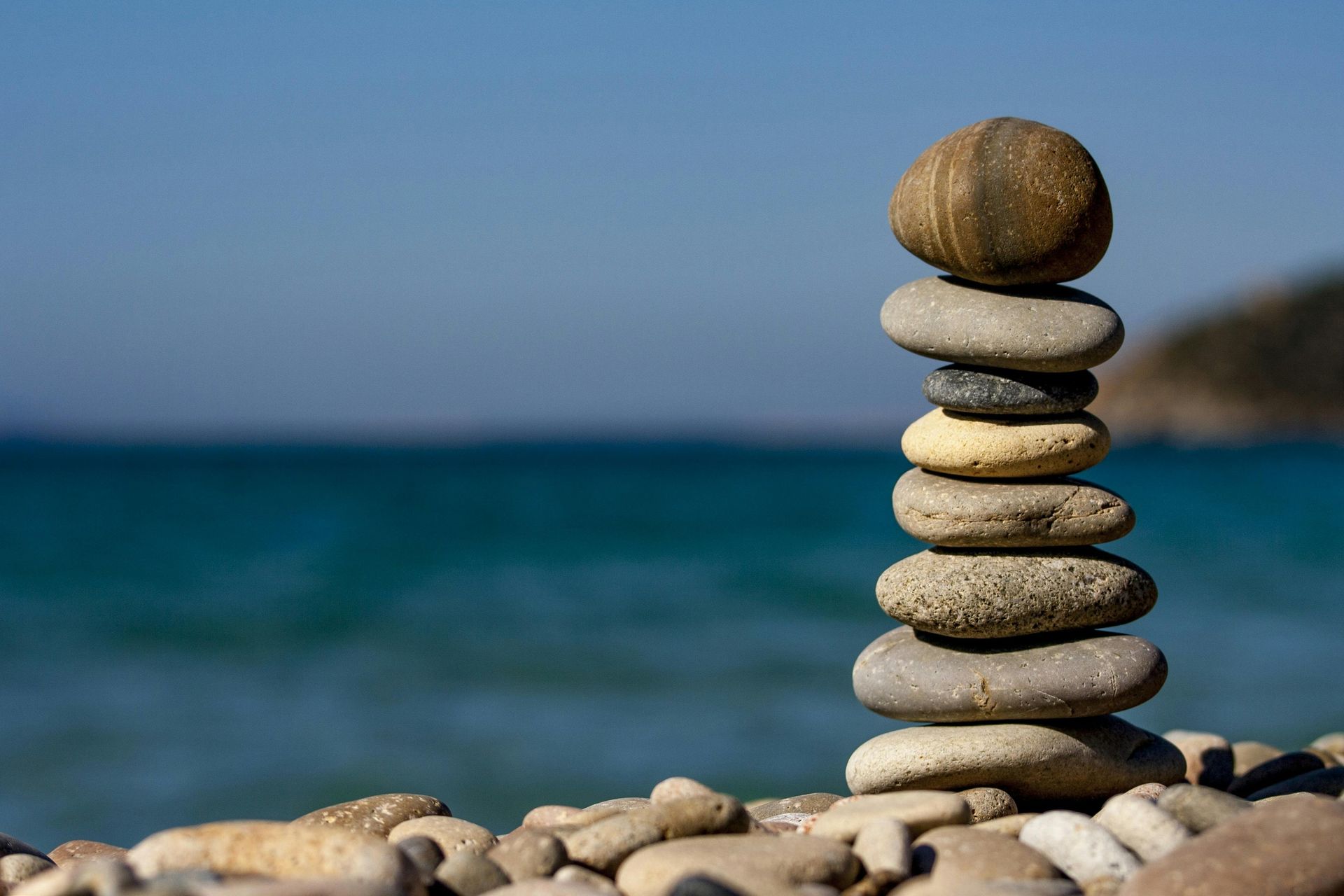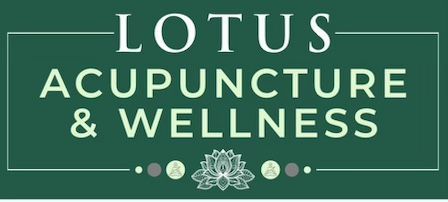Depression affects millions of people worldwide, making daily life feel overwhelming and exhausting. Persistent feelings of sadness, hopelessness, and discouragement can significantly diminish overall well-being.
Most people experience emotional lows at some point, often as a response to difficult or stressful life events. When the mind and body are in balance, it’s easier to recover from these feelings and move forward. However, when negative emotions linger and become constant, they can lead to more severe depressive states.
What Is Depressed Qi?

What to Expect from an Acupuncture Treatment
During an acupuncture session, the practitioner will conduct a thorough evaluation of your health history to identify the areas where Qi is blocked or weakened. From this assessment, they will create a personalized treatment plan that targets both the symptoms and root causes of the imbalance.
Key goals of treatment include:
- Encouraging smooth Qi movement throughout the body.
- Resolving underlying imbalances that contribute to emotional distress.
- Supporting overall wellness by addressing both physical and mental health together.
Acupuncture and TCM offer a
safe and natural approach to emotional healing by promoting balance and harmony within the body and mind.
Is Acupuncture a Quick Solution?
Healing takes time. While some individuals notice improvements after just a few treatments, long-term relief from depression often requires
weeks or months of consistent acupuncture sessions. Each person responds differently, so patience is essential to experiencing the full benefits of treatment.
Scientific Support for Acupuncture in Treating Depression
A study published in the
Journal of Affective Disorders in 2010 reviewed over 200 clinical trials examining the effects of acupuncture on depressive disorders. The findings revealed that acupuncture was
as effective as antidepressant medication in improving symptoms and overall well-being. Additionally, patients who received acupuncture experienced
fewer negative side effects compared to those taking antidepressants.

Additional Ways to Support Mental Well-Being
Acupuncture works best when combined with self-care strategies. Here are a few lifestyle changes that can help manage depressive symptoms:
- Build a support system – Surround yourself with caring friends, family, or coworkers who can listen and offer encouragement.
- Pace yourself – Avoid making too many major life changes at once. Taking small, manageable steps can prevent feeling overwhelmed.
- Stay active – Aim for at least 20 minutes of exercise three or more days per week. Walking, deep breathing, and spending time in nature can all be beneficial.
- Know that you are not alone – Many people struggle with similar challenges, and support is available.
By combining acupuncture with these lifestyle adjustments, you can take meaningful steps toward restoring balance and improving mental health.
Contact Lotus Acupuncture & Wellness to start your healing journey today!


